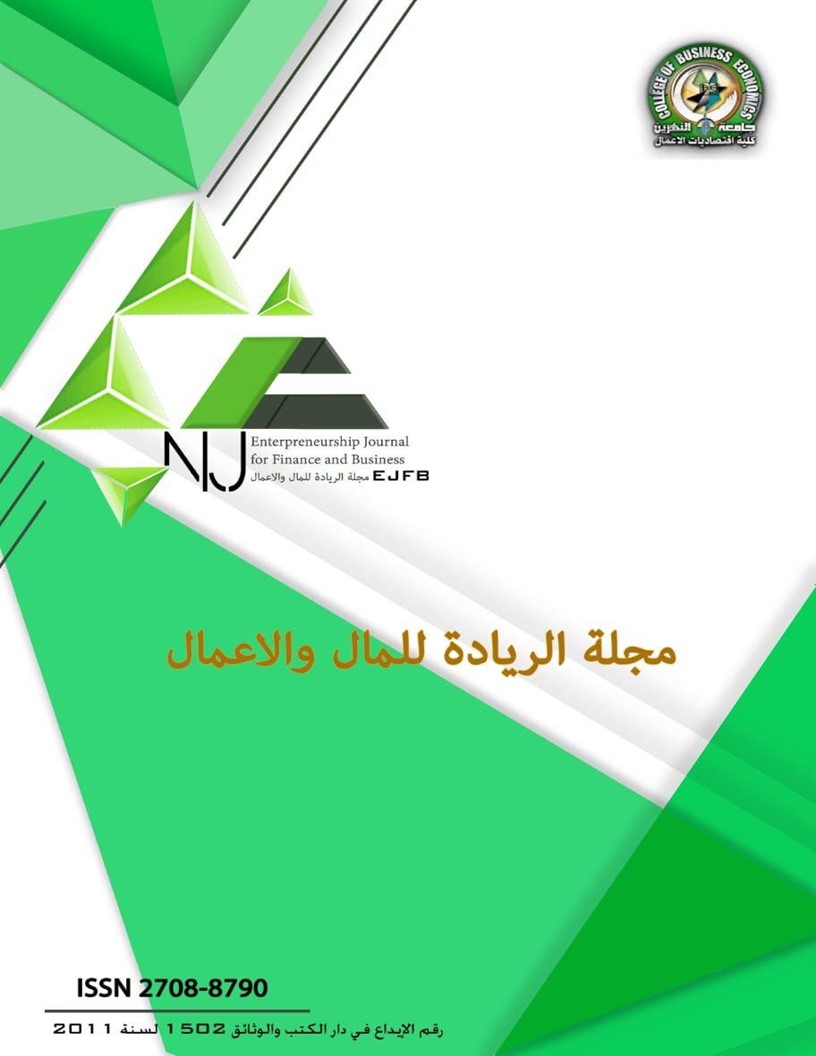Enhancing the efficiency and effectiveness of the accounting information system in light of compliance with the International Standard on Auditing 500: Audit Evidence - applied study of a sample of audit offices
DOI:
https://doi.org/10.56967/ejfb2022233Keywords:
Audit Evidence, Accounting Information System, International Standard Audit Evidence: (ISA 500), External Auditor, Financial StatementsAbstract
The study aims to diagnose and clarify the role of audit evidence in assessing the efficiency and effectiveness of the accounting information system for the entities subject to audit. The study was based on a main hypothesis that states the adoption of the external auditor to obtain an integrated and comprehensive set of evidence in accordance with the requirements of international auditing standards in monitoring the operation of the accounting information system for business organizations can result in a set of benefits, including facilitating the task of evaluating the effectiveness and efficiency of the system’s outputs to the extent to which the characteristics of this system comply with the requirements of the beneficiaries on an ongoing, accurate and objective basis. In order to achieve the objectives of the study, examine and test its main hypotheses, the study adopted the descriptive analytical approach by constructing and formulating a questionnaire that was distributed to the study sample consisting of a group of external auditors serving in auditing offices in the Republic of Iraq, and then analyzing the study data through adopting a number of tools and statistical methods.
The study reached a set of conclusions, the most important of which is that one of the most important challenges facing the external auditor when practicing the tasks of collecting audit evidence its dealing with auditing technology, especially with regard to collecting electronic evidence along with its traditional counterpart. In addition to the weakness in level of accounting and auditing culture for the audited entities. The study also recommended the necessity of providing adequate support by the senior management for the entities subject to audit in relation to the external auditor when exercising the tasks of collecting evidence and taking into account the element of audit fees and wages in a manner that is commensurate with the size and complexity level of the company’s activities for which the accounting information system is audited.
Downloads
Downloads
Published
How to Cite
Issue
Section
License

This work is licensed under a Creative Commons Attribution 4.0 International License.
This is an Open Access article distributed under the terms of the creative commons attribution (CC BY) 4.0 international license which permits unrestricted use, distribution, and reproduction in any medium or format, and to alter, transform, or build upon the material, including for commercial use, providing the original author is credited.






